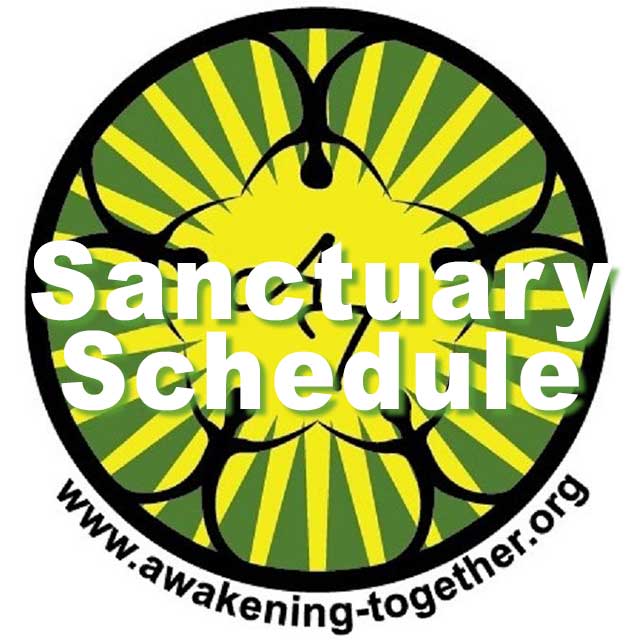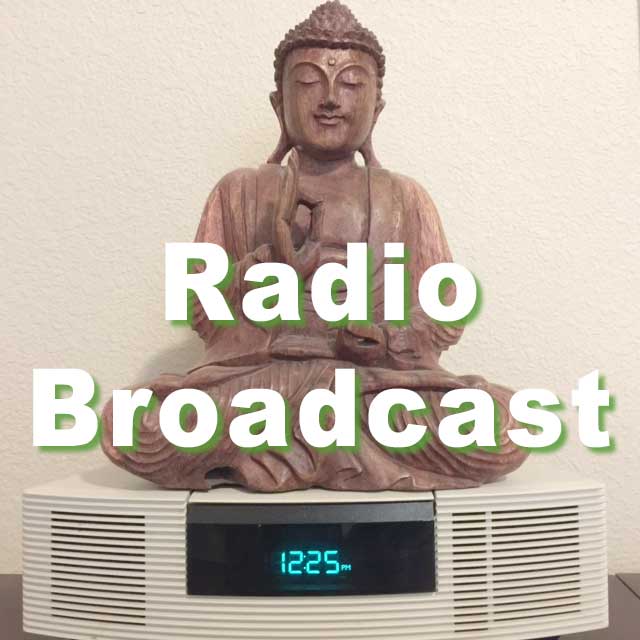We cannot practice kindness if we continue to judge others. Every time we are not kind, it is because of judgment.
Today’s reading begins with a strong statement. It says, “Judgment is like a knife that cuts the Son of God [consciousness] into pieces, for what you judge as separate from you is seen as separate, and so it cannot be seen as one.”
That means if we want to awaken to unity-consciousness, we need to let go of judgment.
How do we let go of judging others? It is as simple as remembering what you truly want over and over and over again. The process looks like this:
- A judgment comes into the mind. If you see the judgment with awareness, you can choose not to believe it right then, and this process is over. If you are lost in thinking and believe the judgment, you will experience an emotional effect. It could be a slight annoyance, outright anger, fear or any other effect.
- The emotional effect can be like an alarm clock for you. You were not aware when you believed the judgment; the emotional effect can wake you up so that you return to awareness. As you become more practiced, the emotional effect will wake you up immediately. In the beginning, you may live with an emotion for a long time before you finally allow it to wake you up and bring you back to awareness.
- When you become aware of the emotion, be grateful you’ve become aware, and then look at the mind to see what the judgment is. The judgment is present in the mind whenever the emotion is present, because there is a simultaneous cause and effect relationship between the judgment and the emotion.
- See the judgment, and then ask yourself if you would rather hold onto this judgment (like a knife) or if you would rather know unity consciousness as a direct experience. Really look at what is most important to you.
- Once you are in touch with your desire to know unity consciousness, make a decision to release the judgment. I whisper my decision to myself in the mind. I say, “I take it back.” That means, I take back believing this judgment. I’m not interested in it. I am more interested in truth.
Practice this process over and over and over and over again, each time you discover you’ve believed another judgment about someone. You can also practice it with judgments you believe about yourself or anything else. With time, you will see fewer judgments in your mind. It will also get easier to let go of judgments as soon as they appear in the mind, so that the process ends at step #1 and an emotional effect never occurs.
Consistent practice is the key to transcending judgment. It takes a lot of determination—a lot of “I really want to do this’’—but it can be done. You are allowed to change your mind. Remember this hint: It’s easier to let go of a judgment when you are in touch with what you really want.
When a judgment feels stuck—meaning you’ve tried, but you can’t let it go—look at the situation more deeply using Root Cause Inquiry, Byron Katie’s ‘The Work’ or some other form of inquiry. There is more to be seen; there is a deeper belief that is being triggered by the situation. Use inquiry to find the belief, and then use the process from this tip to change your mind about it.
I recommend printing this tip so you can reference it repeatedly until the process above is a new habit. You will have to change your mind many times in order to change the mind. That’s because you are reprogramming the brain. The brain wasn’t programmed with just one thought one time. It was programmed through habitual thinking. A new habit of thought—the process taught in this tip—will reprogram it.



